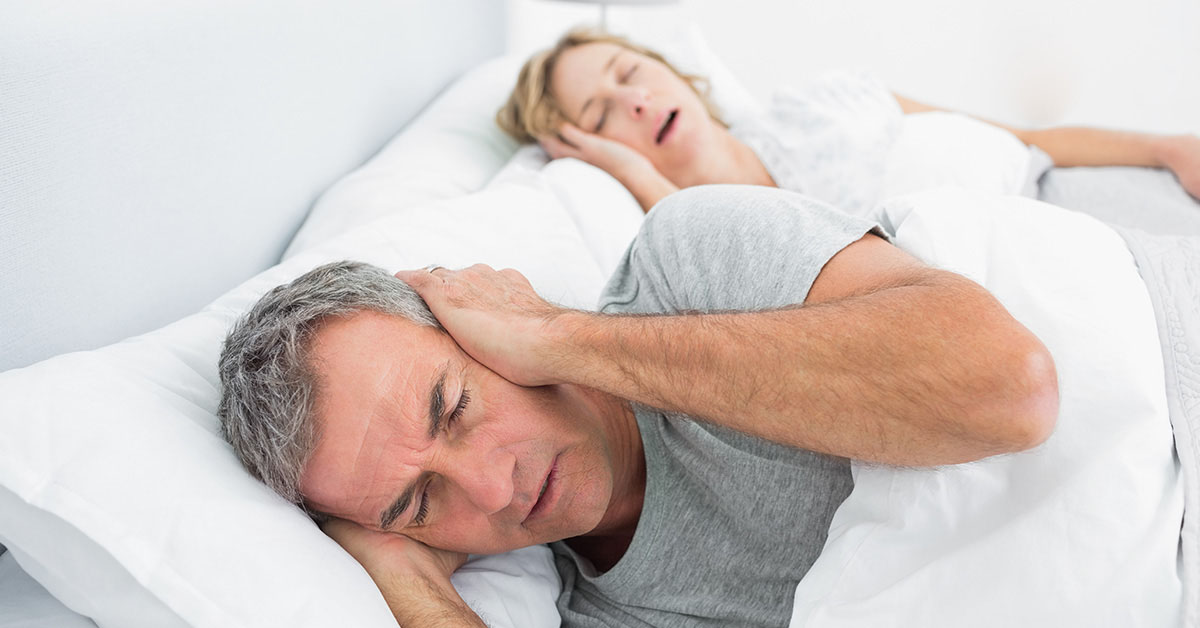
What is Sleep Apnea?
Sleep apnea refers to when you're breathing frequently stops and starts during sleep. The three types of sleep apnea are as follows:
- Obstructive Sleep Apnea - most common form of sleep apnea that is a result of the throat muscles relaxing.
- Central Sleep Apnea - less common form of sleep apnea that is a result of your brain not sending the proper signals to your muscles that perform breathing.
- Complex Sleep Apnea Syndrome - refers to someone who is affected by both obstructive sleep apnea and central sleep apnea.
Causes of Sleep Apnea
Obstructive sleep apnea occurs when the muscles in the back of your throat relax when they shouldn't. Your airway becomes narrow when these muscles relax, causing breathing difficulties and a lowering of the blood's oxygen levels. If the oxygen levels drop too low, your brain will attempt to wake you as a defense mechanism so that you can establish proper breathing. Normally, the brief period that people are awake to reestablish breathing is not remembered the next day, but it does result in disrupted sleep.
Central sleep apnea is less common than obstructive sleep apnea but can be just as troublesome. It involves a failure of your brain to send signals to the muscles that perform breathing. Normally this will result is you stopping breathing for short periods of time which can cause you to briefly wake or be out of breath.
Conditions that increase your risk in developing sleep apnea can include:
- Obesity
- Family history of sleep apnea
- Being male
- Being older
- Having a thicker than normal neck or a narrow airway
- Nasal congestion, whether from an infection, allergies, or abnormality
- Excessive consumption of alcohol, tobacco products, or use of sleeping medication
- Heart conditions
Symptoms and Diagnosis of Sleep Apnea
Symptoms most often associated with sleep apnea can include:
- Heart issues or high blood pressure
- Type 2 diabetes
- Excessive snoring, snorting, or gagging in your sleep
- Repeated brief waking during sleep
- Liver issues
- Feeling tired during waking periods
Diagnosis of sleep apnea will usually involve having a sleep study done to monitor your breathing, heart rate, leg and arm movements, and brain waves. These tests can be done in overnight sleep centers or some can be performed during at home sleep testing.
Treatments for Sleep Apnea
Milder cases of sleep apnea are often treated through simple lifestyle changes such as weight loss, changing sleeping positions, quitting smoking/drinking, or treatment for allergies. If your sleep apnea is more severe, treatments can include:
- Continuous positive airway pressure (CPAP) machine to assist in breathing.
- Oral appliances that are designed to adjust the position of your jaw and tongue.
- Surgical procedures to correct conditions causing sleep apnea.

